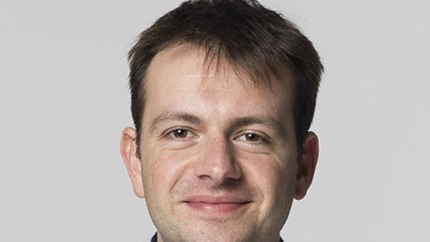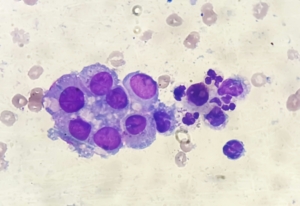
Genespire raises US$52m in Series B round
Italian SR-Tiget spin out Genespire srl will use the proceeds of a €46.6m (US$52m) Series B financing to advance its paediatric in-vivo gene therapy for the rare metabolic disorder Methylmalonic Acidemia (MMA) to Phase I/II testing.
It is one of the largest private financings of an Italian company to date. The financing was co-led by Sofinnova Partners, XGEN Venture and CDP Venture Capital as well as Indaco SGR. In connection with the Series B round, Marco Dieci, Senior Advisor at CDP Venture Capital and Chief Executive Officer of Simis S.r.l., will join Genespire’s Board of Directors as the representative for CDP Venture Capital, alongside Paolo Fundarò, Founder and Managing Partner from XGEN Venture.
GENE202, the company’s lead candidate, is an off-the-shelf pediatric gene therapy for MMA, an inherited defect of fat and amino acid metabolism due to methylmalonyl-CoA mutase (MUT) deficiency with onset in early infancy. MMA is associated with high mortality and morbidity, and manifests clinically through symptoms such as muscular weakness, seizures, developmental delays and organ damage.
To prevent immunologic destruction of lentiviral vectors and transduced liver cells that carry the viral MHC I proteins at its cell surfaces, Genespire srl’s cofounders Prof Luigi Naldini and Dr Alessio Cantore (from at the San Raffaele Telethon Institute for Gene Therapy, SR-Tiget) have genetically engineered their vectors to decrease expression of exogenous MHC-I, thus preventing alloreactive immune response in humans. Furthermore, the proprietary Immune Shielded Lentiviral Vector (ISLV) platform utilises the baculovirus-derived GP64 envelope protein to target the therapeutic RNA (in case of MMA: the RNA encoding functional methylmalonyl-CoA mutase (MUT) to hepatocytes and liver sinusoidal endothelial cells (LSEC). ISLV thus solves one of the most important factors that reduce the efficacy of lentiviral gene therapy: immunologic neutralisation. ISLVs are designed to be used intravenously, enabling the patient‘s liver to produce the therapy throughout its lifetime. The financing will enable the development of GENE202 up to a Phase I/II clinical trial
This unique mode of action makes Genespire’s approach optimally suited to address pediatric patients affected by genetic diseases. The company will also foster discovery and preclinical work on candidate products targeting several additional genetic diseases.




